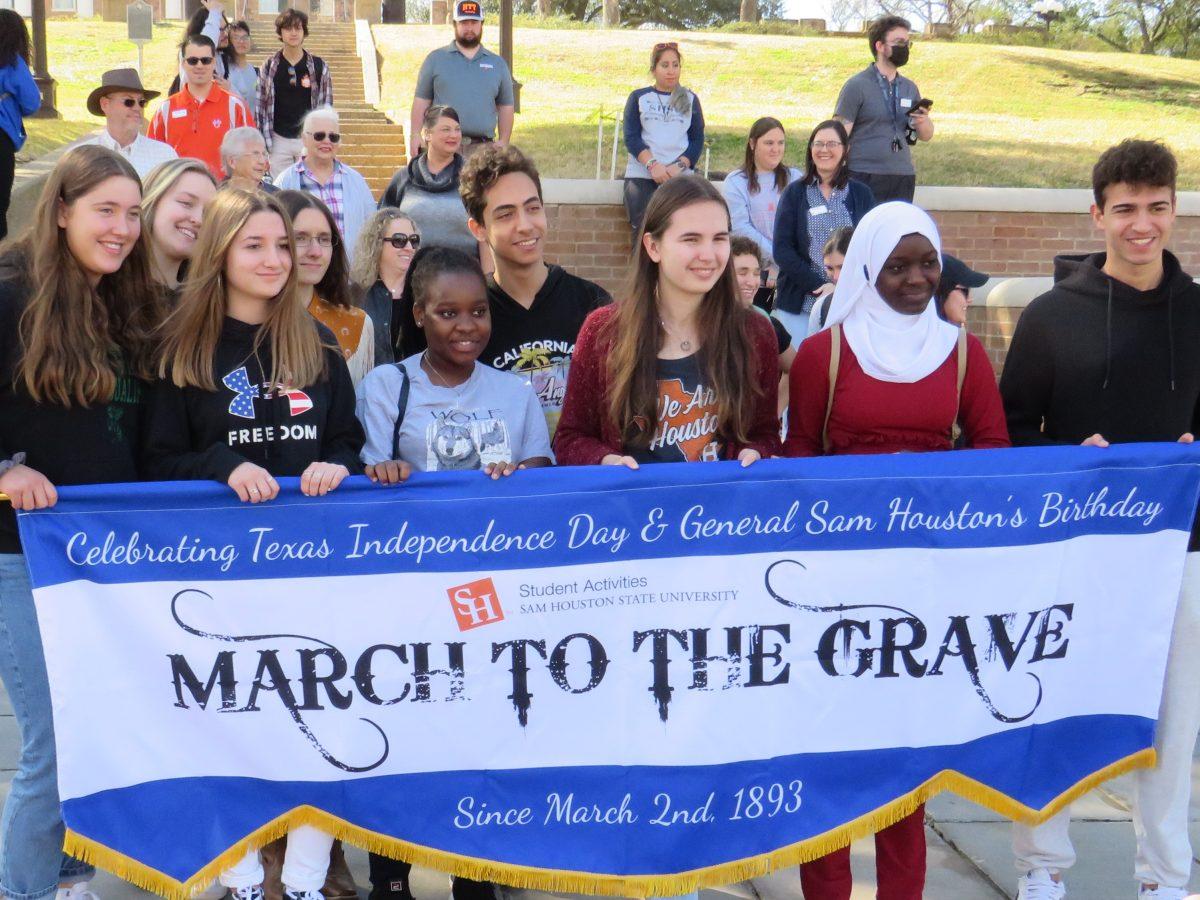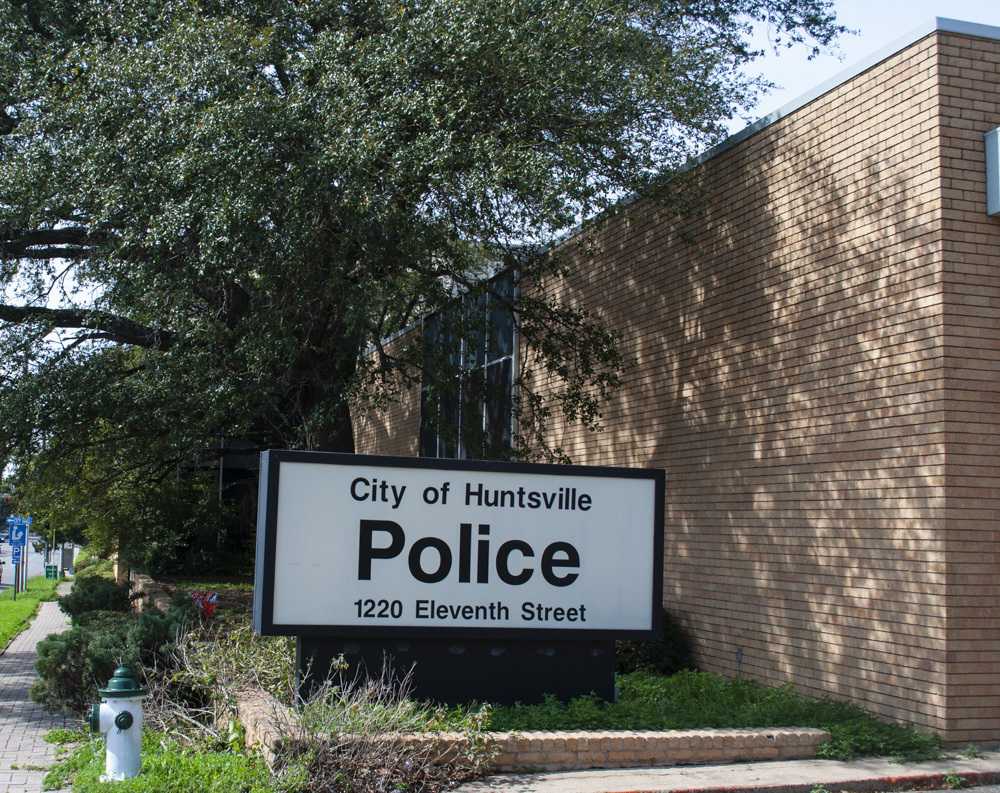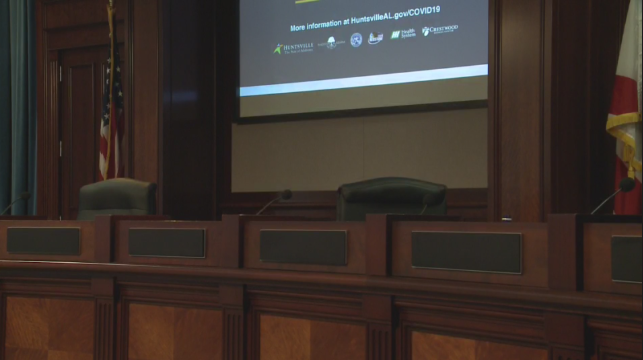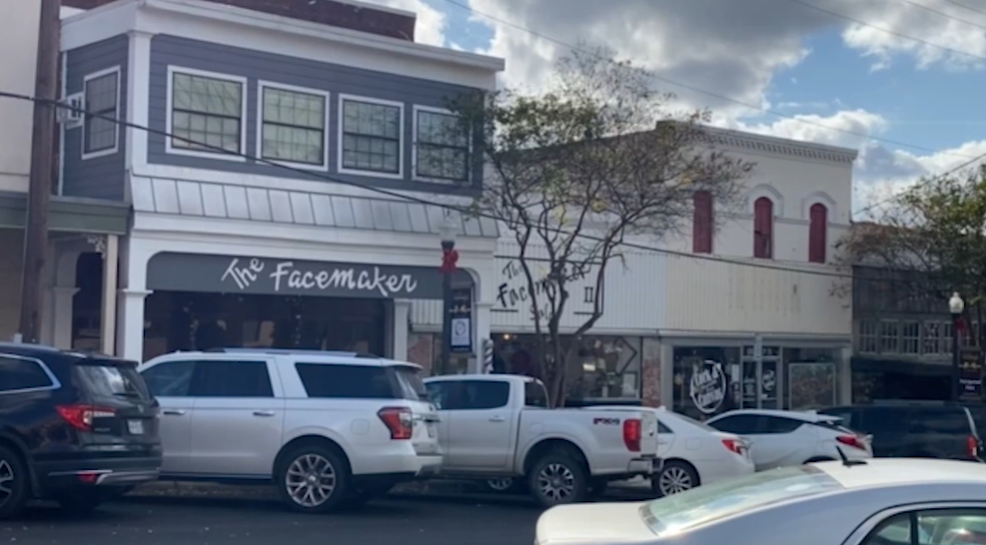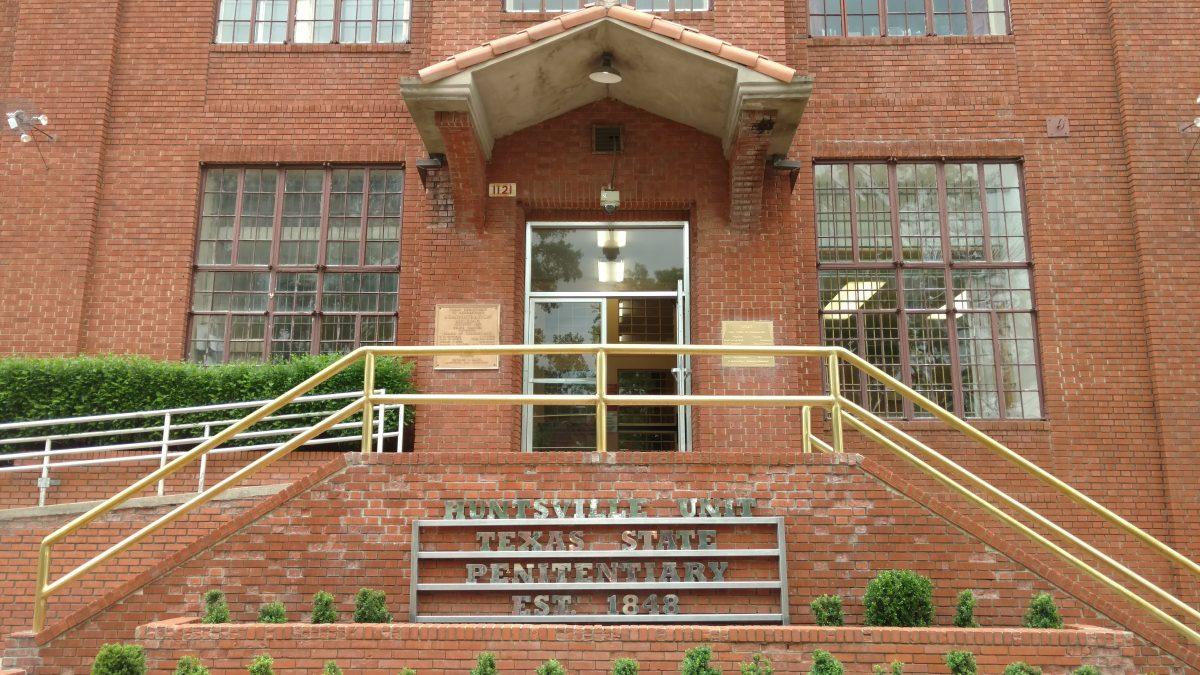
The Supreme Court halted John Ramirez’s execution on Sept. 8 in Huntsville, Texas after the state’s prison system denied Ramirez’s request for his pastor to touch him as he died, according to The Texas Tribune.
Ramirez’s case has brought the conversation of prisoners’ rights back into the spotlight state-wide.
Sam Houston State University sociological professor Crystal Brown recalls hearing the horns of the prison, which sound every few hours to initiate the headcount of prisoners when she first moved to Huntsville. After a few years, the sound of the horn was lost on her.
“Oftentimes we treat prisoners in a way where it’s out of sight, out of mind,” Brown said.
Upholding the dignity and humanity of the incarcerated has been a topic of public discussion for decades. Overcrowding, racism and healthcare are a few issues positioned at the forefront of prison reform. Brown noted how a society treats its prisoners is a reflection of its values.
“It’s this humanizing aspect we don’t like to give to those we see as guilty,” Brown said.
Criminal justice assistant professor Dr. Jonathan Reid noted that although prisoners do not have full constitutional rights, some rights are guaranteed. These rights include the eighth amendment, which prohibits cruel and unusual punishment. The first amendment right applies to prisoners in a general scope.
“What the Ramirez case is arguing is the first amendment gives us all the right to religion and just because he’s a prisoner should we deny him that right,” Reid said.
It is a balancing act for the Texas Department of Criminal Justice (TDCJ).
“The state also has a very strong interest in making sure that our prisons are safe and secure for everyone in there,” Director of the Office of Student Legal & Mediation Services Gene Roberts said. “Those two interests sometimes compete with each other.”
The permittance of spiritual leaders in the death chamber has been an ongoing issue in the Texas prison system, according to the Associated Press. Chaplains employed by the TDCJ were not allowed in the chamber as recently as April 2021.
In March 2019, the prison system faced a charge of religious discrimination from a Buddhist prisoner, which led the department to ban all spiritual staff to an adjacent room, according to the Texas Tribune.
In 2020, another religious complaint forced the prison to allow spiritual leaders back into the chamber, but only TDCJ staff are allowed to touch the prisoners.
John Ramirez’s case will be brought before the Supreme Court later this year.
“Like many things in life, it’s an ongoing conversation, and the more we learn about people, the more we learn about human behavior, the more complex the issue gets,” Roberts said.

